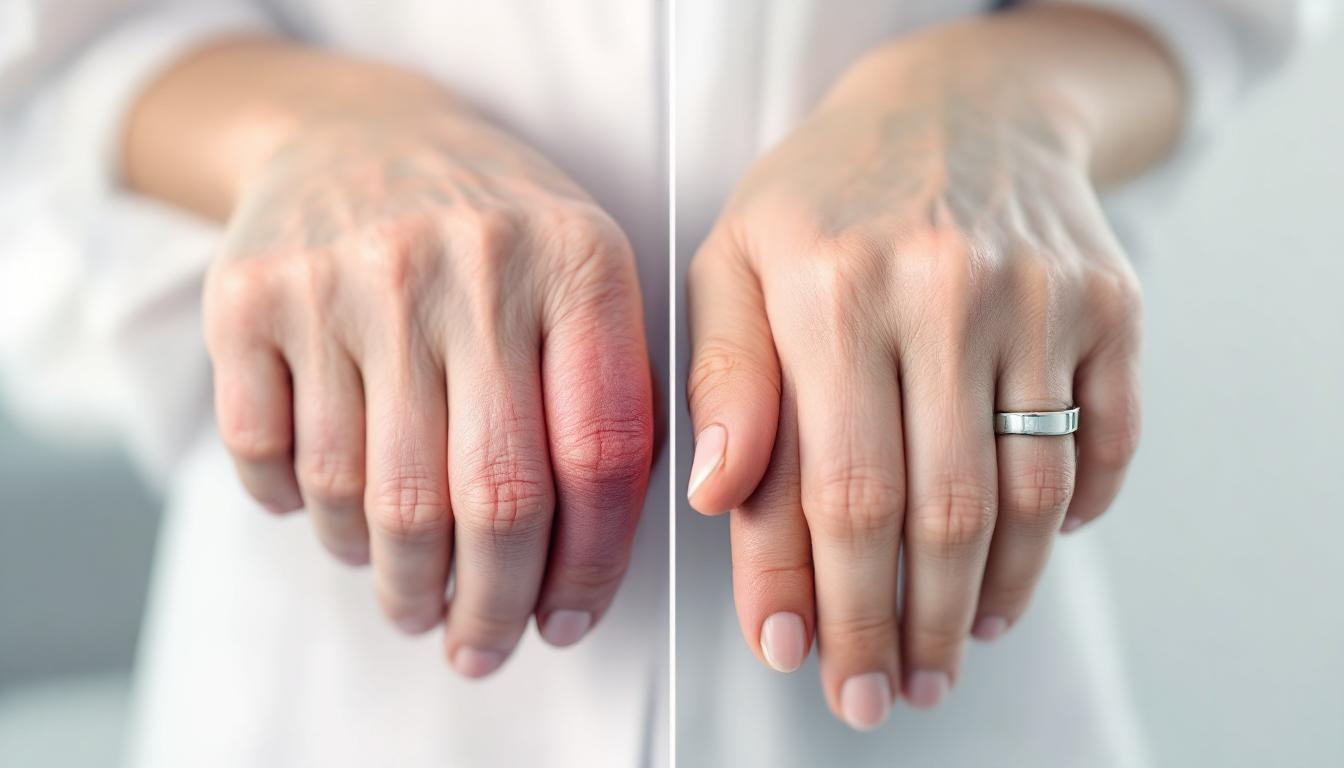Do your rings suddenly feel tight? Are your ankles swollen after a long day? You might be experiencing water retention, a common but often misunderstood condition affecting millions. This natural bodily response can transform from a minor inconvenience into a persistent problem if not addressed properly.
What exactly is water retention?
Water retention occurs when excess fluids build up in your body’s tissues, causing uncomfortable swelling and bloating. “When the balance between fluid intake and output is disrupted, the body holds onto water as a protective mechanism,” explains Dr. Melissa Jordan, nephrologist at Austin Medical Center. “This creates that puffy appearance many find distressing.”
The surprising culprits behind your bloating
That uncomfortable heaviness isn’t appearing randomly. Several factors might be contributing to your body’s tendency to retain water:
- High sodium intake (processed foods are notorious sources)
- Hormonal fluctuations, especially before menstruation
- Sedentary lifestyle or prolonged sitting/standing
- Certain medications including NSAIDs and some blood pressure treatments
Many don’t realize that alcohol consumption significantly impacts fluid balance. Alcohol acts as a diuretic but paradoxically leads to inflammation and eventual water retention.
When water retention signals something serious
While occasional puffiness might be benign, persistent swelling can indicate underlying conditions. “Water retention that doesn’t resolve with basic interventions should never be ignored,” warns Dr. Thomas Chen, cardiologist. “It could signal heart failure, kidney disease, or liver problems that require medical attention.”
One patient I worked with dismissed ankle swelling as normal aging until discovering it was an early sign of heart failure. Early intervention completely changed her prognosis.
The sodium-potassium balance: nature’s diuretic
Your body operates like a finely tuned hydraulic system, where minerals act as valves controlling fluid flow. Potassium counterbalances sodium’s water-retaining effects, helping flush excess fluids. Foods that support liver health also play a crucial role in maintaining proper fluid balance.
Seven powerful strategies to combat water retention
Tackling water retention requires a multi-pronged approach:
- Moderate sodium intake (aim for less than 2,300mg daily)
- Stay consistently hydrated (ironically, drinking water helps reduce retention)
- Incorporate regular movement throughout your day
- Elevate your legs when possible to improve circulation
Adding apple cider vinegar to your cooking routine can significantly reduce bloating through its natural diuretic properties.
The power of plant-based diuretics
Nature provides its own gentle diuretics. “Foods like watermelon, cucumber, and asparagus act as natural diuretics without the side effects of medication,” notes nutritionist Emma Roberts. “Think of these foods as your body’s internal sponges, absorbing excess fluid and helping eliminate it.”
Adding olive oil to your morning routine can improve liver function, supporting your body’s natural detoxification processes.
The movement-circulation connection
Consider your circulatory system as a network of rivers that can become stagnant without movement. Exercise activates your body’s muscle pump, circulating fluid that would otherwise pool in extremities. Even gentle walking creates this effect, making it accessible for everyone.
Replacing some meat meals with plant proteins can improve heart health, indirectly supporting proper fluid balance throughout your body.
Is water retention controlling your life?
Water retention doesn’t have to dictate your comfort or confidence. By understanding its causes and implementing targeted strategies, you can regain control over your body’s fluid balance. Remember that persistent or severe swelling warrants a conversation with your healthcare provider – your body might be sending important messages about your overall health.
